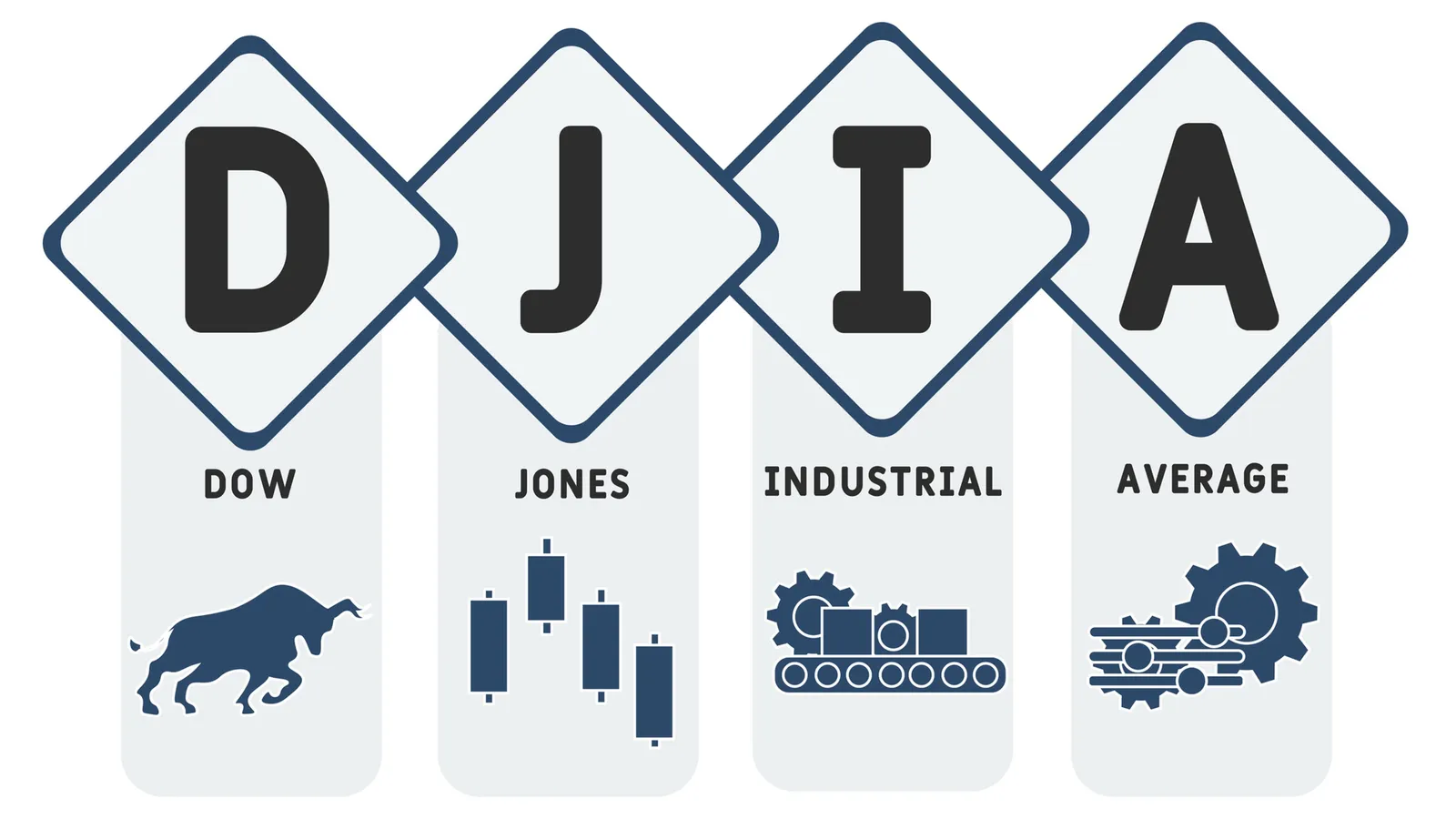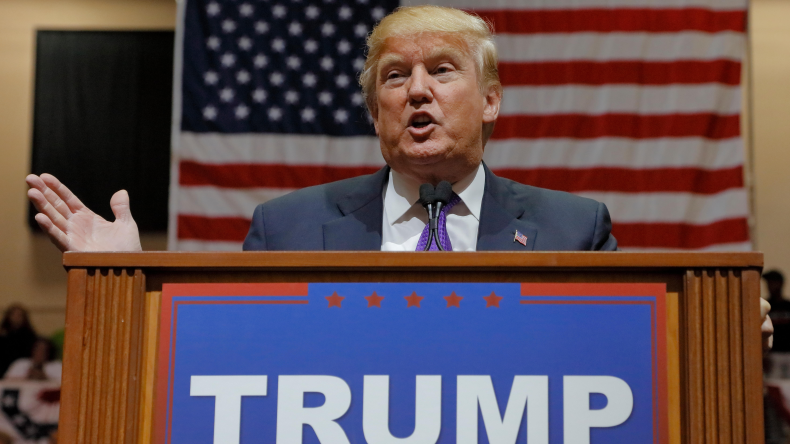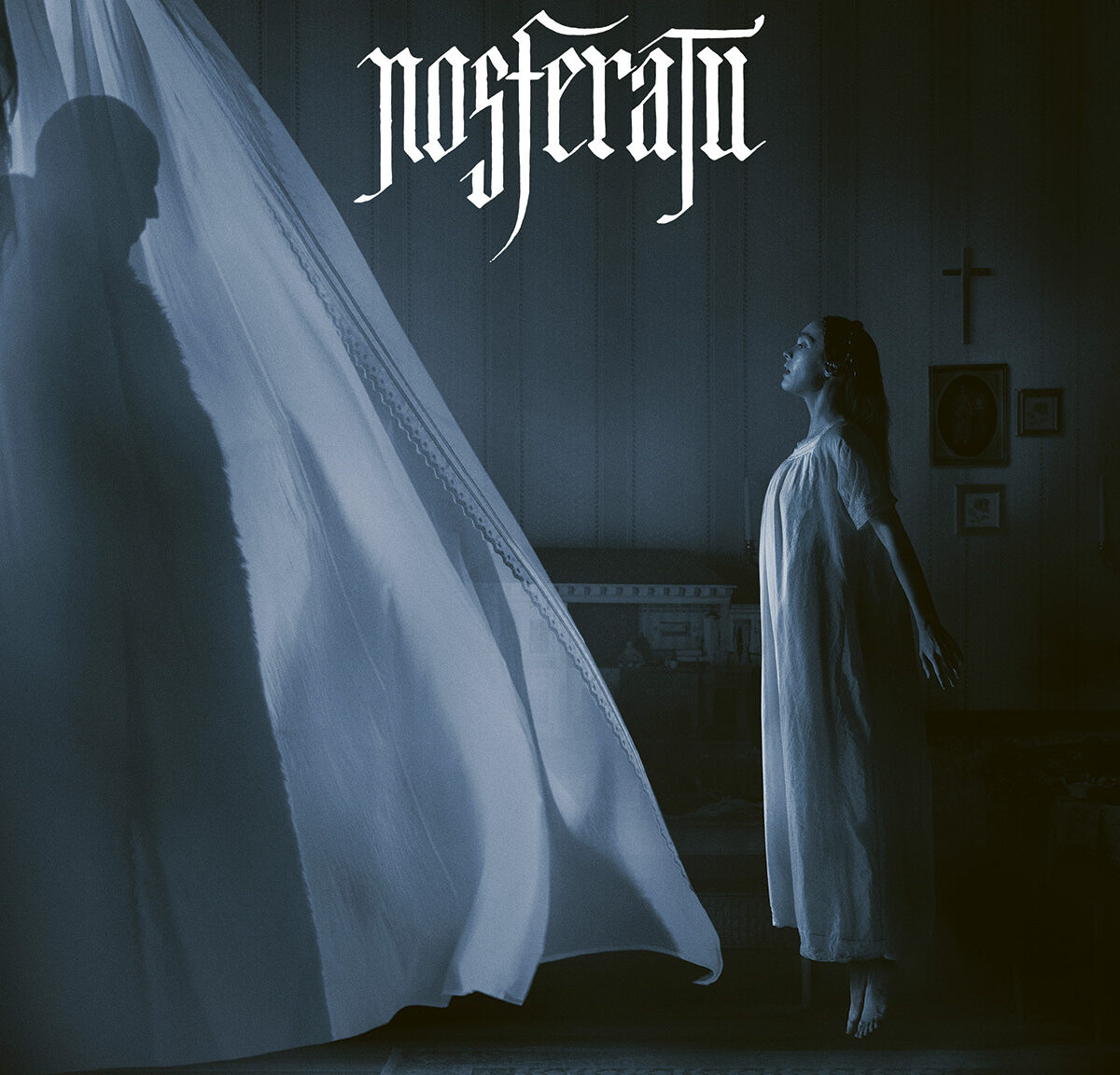Photos: Screenshot\YouTube
The wise among us advise: “Never say never!” This advice is appropriate for those who dismiss the increasingly detailed and repeated recent predictions that the US may experience a civil war in the period ahead. Certainly, we were not the first to echo this prediction and what it might portend for Black Americans here.
You say: Okay! So, the US might experience a civil war. What does that have to do with me?
Have you stopped for one minute (certainly not for an hour) to consider consciously what this might mean for you and your family? Have the predictions gone in one ear and out of the other? Have you attempted to imagine what a US civil war might look like in its potentially varied forms? Have you thought seriously about what you would do if you found yourself in the middle of a civil war?
You should make such considerations as a matter of course.[1] As a leader of a family, business, or organization in your area of influence, you should be prepared to address all potential eventualities. It is too late toplan—and sometimes to act—when events occur. Even if you do not have significant resources, you should strategize concerning what you would do if adverse outcomes unfolded.
What would a US civil war look like?
It could range from sizeable formal battles (including air warfare) between well-organized White militia groups and the US military in selected areas of the country, to idiosyncratic and sporadic running battles (skirmishes) between loosely organized White militia groups and the US military across various areas of the country (guerilla-type warfare), to anything in between. We should also not ignore the possibility that, if a civil war were to erupt, then certain factions within the US military might see the civil war as an opportunity to join White militia groups and execute violent acts against Black Americans.
In addition to Black American involvement in these battles as US military officials, Black American civilians might be affected by our location in and around areas where fighting occurs.
In the event of battles, sound advice would be to take flight from areas where fighting is occurring or is about to occur. If caught in crossfires or if attacked directly by White militia groups, then, again, flight may be advised. But flight to where?
On the other hand, depending on available Black American military resources, assessments of the military capability of the opposition, and other circumstances/factors, it may be wise to stand your ground and fight.
The point is that you will not know which choices to make or how to respond unless you have considered the possibilities, gathered information (intelligence), and planned how to protect yourself, your family, and your area of influence.
What is the potential duration of such a conflict? To what extent would societal functions be disrupted: e.g., lack of access to food, water, and healthcare; discontinuation of economic activity (jobs and schools); and a halt to the operation of communications, energy, and transportation systems?
A logical answer without more information is: It is difficult to say. However, these are questions that should be asked and answered to the best of our ability and in the context of joint consideration by families and organizations within our areas of influence.
There are so many other questions that need to be asked and answered concerning a possible US civil war and Black America’s role in it. Although BlackEconomics.org’s contributors have some knowledge of military operations, our experience is somewhat dated. Accordingly, we are not positioned to provide perfect guidance on how Black Americans should prepare for a potential civil war.
What is needed now is for key Black American organizations (e.g., BLM, NAACP, etc.) that have the wherewithal to direct resources to the immediate study of the above-posed questions and to provide up-to-date information and guidance on what and how Black Americans should prepare to respond in the event of a US civil war—whether widespread, restricted, formal/organized, or informal/helter-skelter.
History is replete with evidence concerning horrific outcomes experienced by outgroups who went merrily along and ignored obvious signs only to find themselves victims of aggression because they failed to be prepared to act when attacked.
We should be alive to that history, and never say never!
Dr. Brooks Robinson is the founder of the BlackEconomics.org website.
References:
[1] For example, residents of Black Wall Street in Tulsa, Oklahoma, who were attacked because of their prosperity, to residents of Jackson, Mississippi, who are enduring a flood and its horrific aftermath this week, would have benefitted from a sound plan concerning what to do in response to crises.









Comments are closed.